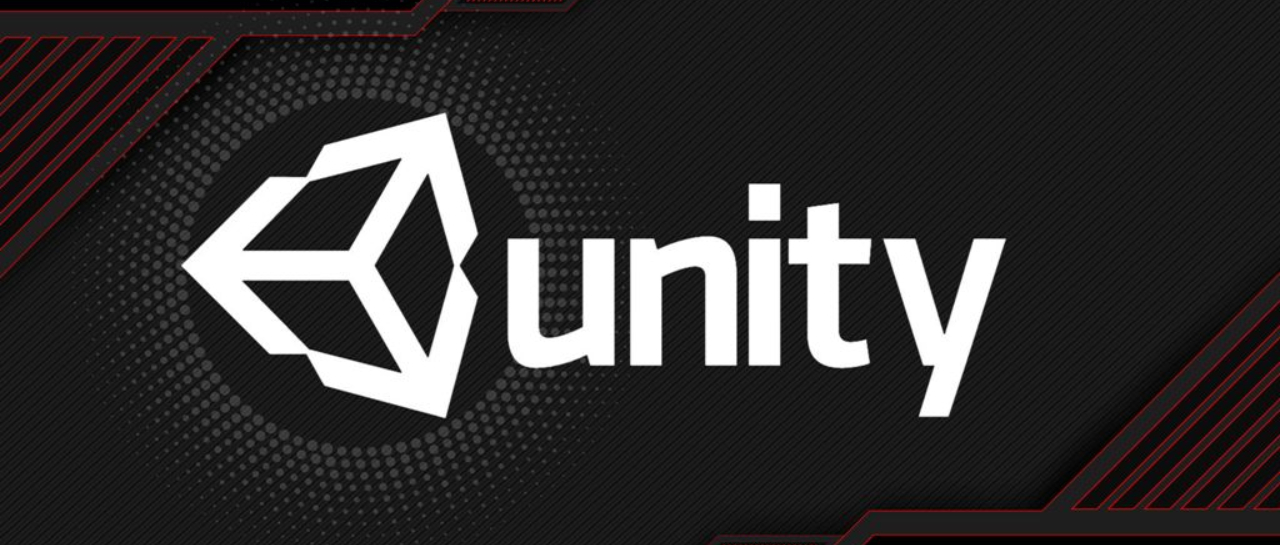Logos of Facebook and Libra are seen displayed on a smartphones in this illustration photo taken in … [+]
The financial leaders of the world’s seven biggest economies don’t think that Facebook’s Libra stablecoin is ready to launch. On Tuesday, G7 bankers will release a statement opposing the launch until Libra is properly regulated, according to Reuters.
Facebook announced its ambitious plans to launch a digital global currency last year, promoting its potential advantages over traditional cryptocurrencies and promising to make sending money across the globe as easy as texting and cheaper than most international wire transfers. With billions of users around the world, Libra could even transcend governments and central banks, helping the 1.7 billion unbanked to enter the global financial system.
According to a draft released by the G7 and prepared for a meeting of finance ministers and central bankers from the United States, Canada, Japan, France, Britain, Italy and Germany, Libra’s potential to improve access to financial services, as well as cut costs, is not lost on the bankers. However, they caution that without proper supervision and regulation, Libra could undermine financial stability, consumer protection, privacy, taxation or cybersecurity. Not to mention money laundering and terrorist and proliferation financing and market integrity. A fair concern considering this is the “move fast and break things” company.
“The G7 continues to maintain that no global stablecoin project should begin operation until it adequately addresses relevant legal, regulatory, and oversight requirements through appropriate design and by adhering to applicable standards,” the draft said
According to Facebook’s initial announcements about Libra, the model differs from Bitcoin because it is a permissioned blockchain, as opposed to permissionless — with the latter, anyone with the right hardware can apply the mining protocols and validate transactions. With Libra, the blockchain is centralized where its consensus mechanism, software and governance are controlled by Libra Association members who can validate transactions. And as a stablecoin, it’s tied to a traditional currency or basket of assets, and will be used for payments or storing value.
“At launch, the Libra blockchain will have 100 permissioned organizations. Visa, Mastercard, Uber, Vodafone and Spotify are among the founding companies of the Libra Association,” according to Forbes Technology Council.
In response to Facebook’s announcement of Libra, the G20’s Financial Stability Board (FSB) set out 10 recommendations in April for a common, international approach to regulating stablecoins. As the G7 draft notes, many G7 authorities are looking into the risks and opportunities associated with central bank digital currencies. In fact, the European Central Bank said this month that it might issue a digital euro, and the Bank of England has also begun considering a digital pound sterling.
It’s currently not clear whether the G7 opposition will have a major effect on Libra’s launch plans, or if various countries can or would impose sanctions on the company if it chose to move forward.


/https://specials-images.forbesimg.com/imageserve/5f8505c0eb8969c5b8eb8f43/0x0.jpg)










